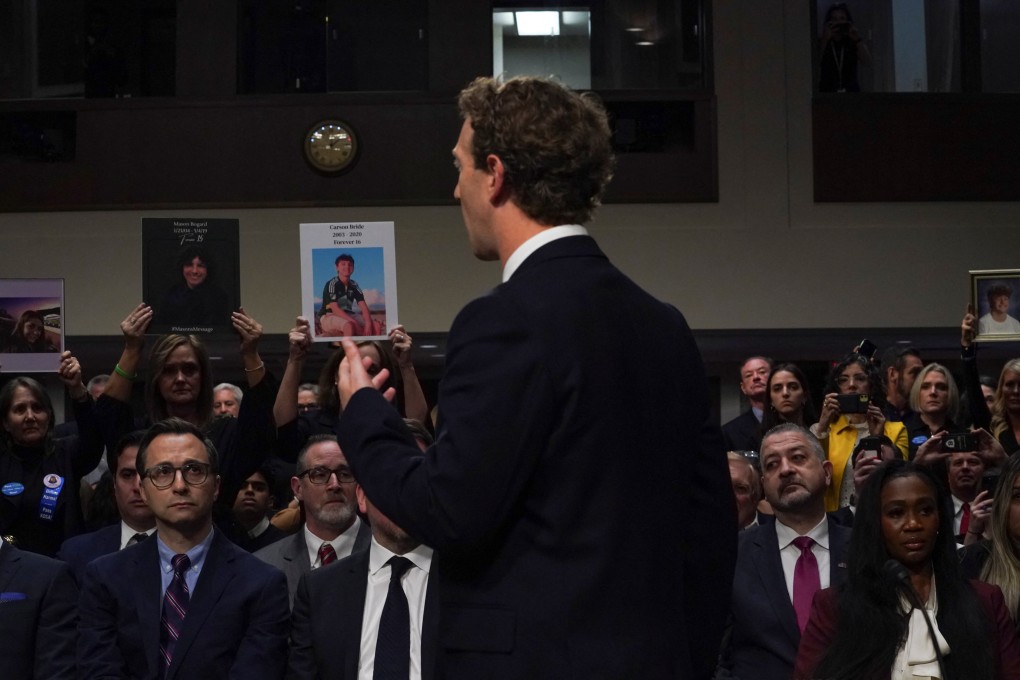Advertisement
Opinion | We all have a duty to ensure our teenagers are safe online
- While the internet provides young people with a valuable platform, it also exposes them to cyberbullying, privacy concerns, social media pressure and more
- Keeping youth safe online requires active involvement from parents, teachers, tech companies and policymakers
Reading Time:3 minutes
Why you can trust SCMP
2

During a US Senate hearing on January 31, Meta CEO Mark Zuckerberg apologised to parents for the harm caused to their children by Facebook’s content. He expressed his regret by saying, “I’m sorry for everything you’ve been through” while parents held up photos of their children who had died following sexual exploitation or harassment on social media.
Advertisement
Both Facebook and Instagram, which are owned by Meta, have faced criticism for not effectively addressing the known harmful effects of social media on young people’s mental health.
In Hong Kong, as in many other parts of the world, the internet is a double-edged sword for teenagers. On one hand, it provides them with a platform to explore their identities, connect with peers and access a wide range of information.
On the other, it poses various challenges such as cyberbullying, privacy concerns and peer pressure. Teenagers need to learn to differentiate between reliable sources and misinformation in a vast online world. The internet is both a digital playground and a battlefield for young people, significantly shaping their lives.
Social media platforms have, for a while, been implementing safety features and community guidelines to ensure the safety of minors. For example, Facebook has introduced content moderation and reporting tools. Similarly, Instagram offers anti-bullying features.
YouTube Kids provides safer content, while YouTube improves content ratings. Tencent combats gaming addiction with time limits. Douyin has a youth mode to limit time. Despite these efforts, the issue of online safety for teenagers still persists and, in some cases, has worsened.

Advertisement

